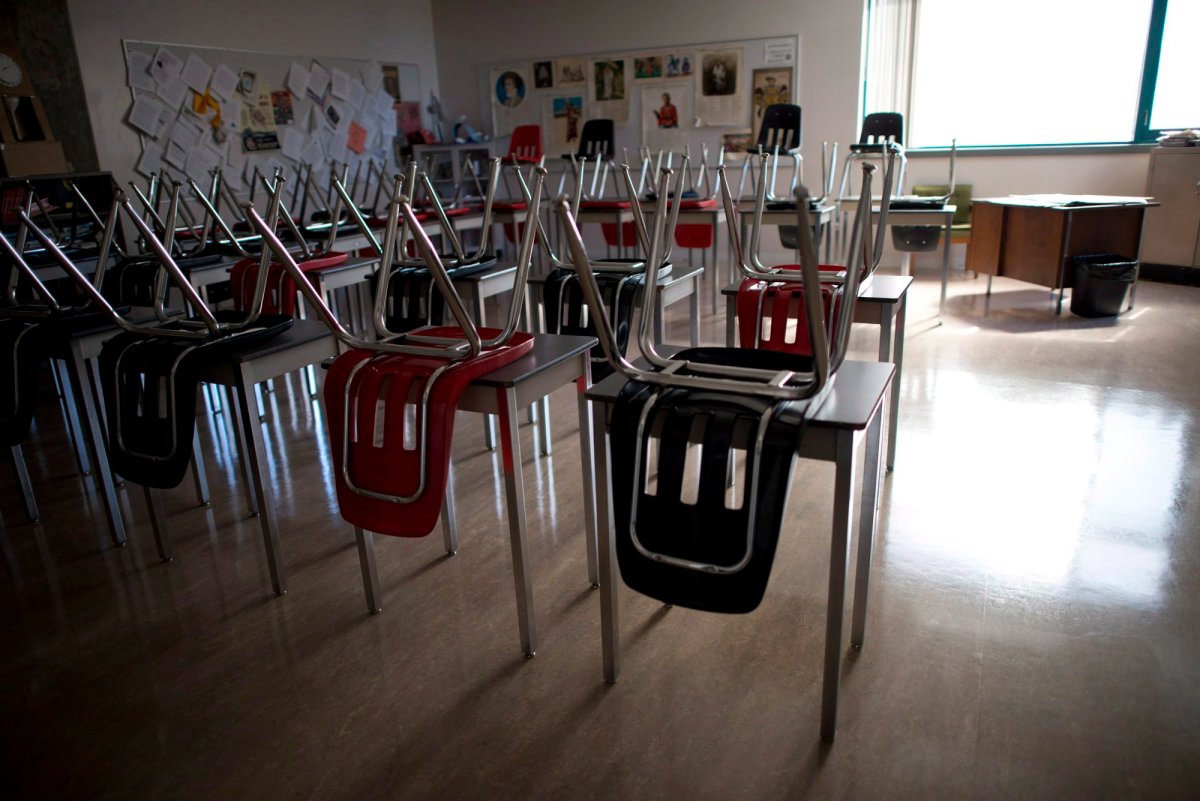The Manitoba government plans to replace school meal programs by delivering food to low-income families across the province.

With schools cancelled by the COVID-19 pandemic, the government has issued a request for proposals for companies that could supply meal packages with easy-to-prepare instructions.
“With school being suspended, many children are missing out on the benefits of a nutrition program,” Families Minister Heather Stefanson said in a written statement Thursday.
The government aims to supply about 15,000 students with food, but is prepared for that number to rise.

“With pending job losses and wage losses, it is anticipated that the numbers of students that require nutritional supports will grow,” reads the request for proposals.
Last year, about 34,000 students received help from a variety of nutritional support programs.
Prospective suppliers have been told to submit their bids by next week. They are to include plans to deliver the food to hubs in different communities, so that the program can be running by May 11.
The government will seek other people, including volunteers and non-profit groups, to get the food from hubs to people’s homes.
Manitoba schools have not held in-person classes since March 20, and are not expected to resume for the rest of the school year.

Questions about COVID-19? Here are some things you need to know:
Health officials caution against all international travel. Returning travellers are legally obligated to self-isolate for 14 days, beginning March 26, in case they develop symptoms and to prevent spreading the virus to others. Some provinces and territories have also implemented additional recommendations or enforcement measures to ensure those returning to the area self-isolate.
Symptoms can include fever, cough and difficulty breathing — very similar to a cold or flu. Some people can develop a more severe illness. People most at risk of this include older adults and people with severe chronic medical conditions like heart, lung or kidney disease. If you develop symptoms, contact public health authorities.
To prevent the virus from spreading, experts recommend frequent handwashing and coughing into your sleeve. They also recommend minimizing contact with others, staying home as much as possible and maintaining a distance of two metres from other people if you go out.
For full COVID-19 coverage from Global News, click here.
- ‘She gets to be 10’: Ontario child’s heart donated to girl the same age
- Bird flu risk to humans an ‘enormous concern,’ WHO says. Here’s what to know
- Shoppers faces proposed class action over claims company is ‘abusive’ to pharmacists
- Most Canadian youth visit dentists, but lack of insurance a barrier





Comments